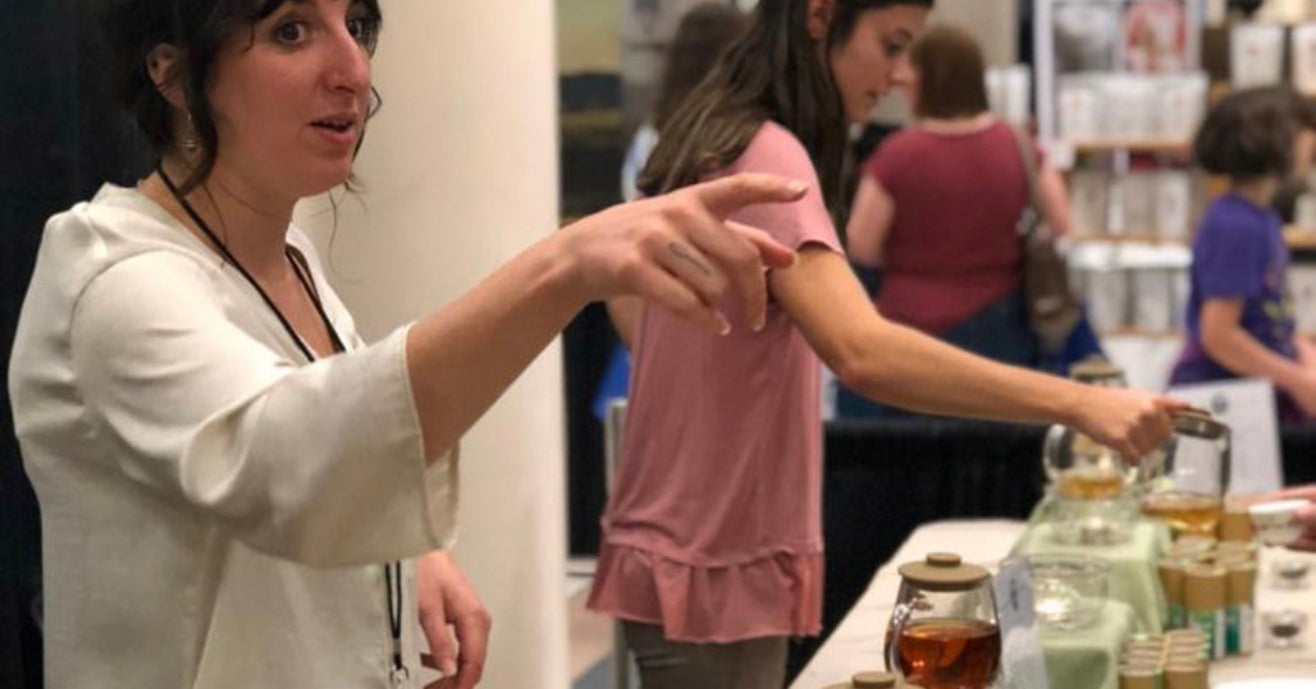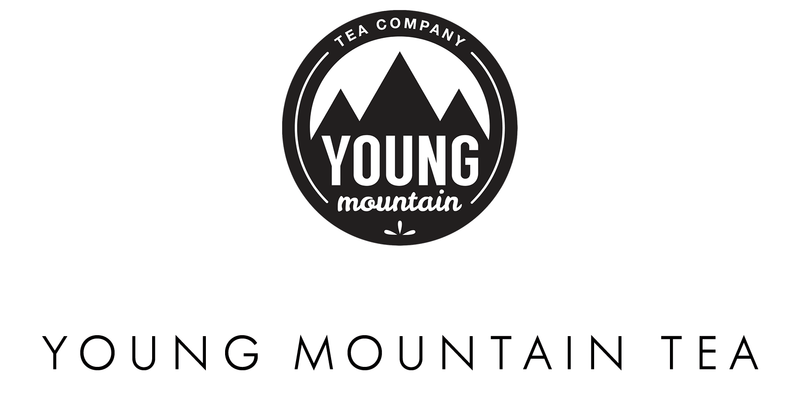An interview with Northwest Tea Fest

At one point, the Northwest Tea Fest was the only tea festival in the United States. That was 14 years ago when specialty tea was just gaining public interest. Now - the event continues to draw thousands every year. We caught Julee Rosenhoff, event founder and organizer, to talk a little bit about the festival.
How did you get the idea to start the Northwest Tea Fest?
We started the Northwest Tea Festival as a response to a challenge from Norwood Pratt. At the time, Pratt, the guru of specialty tea in the US, was in Seattle doing a book signing. I brought some tea people together for that event and he said, “no one is doing anything to celebrate the commemoration of the 400th anniversary of tea arriving in Amsterdam from China?” I thought, “Oh - we can do that!” And the next year we founded the Northwest Tea Festival.

What has been most challenging about organizing/establishing a tea festival?
The most challenging thing the first year was continuing with the planning when it was not clear we had the funds or the interest in the community to make this happen. The success that first year fueled everything that has happened since. Since having it become established, the most challenging piece is making sure we have a diversity of exhibitors and presenters so the attendees can find something new each year.
What has been the most rewarding/biggest surprise in the process?
The most rewarding aspect of this job is always that people enjoy the festival. When we began the festival 14 years ago we had 6 exhibitors and 500 people. Now we have 59 exhibitors with 84 presentations and over 3,500 attendees. People look forward to the festival every year and I am always amazed that it still works even this many years in.

Where does your interest or relationship with tea originate?
My relationship with tea began 29 years ago when I created the Perennial Tea Room in Pike’s Place Market. My co-founder and I had hoped to start an English style tea room. At that time the specialty tea industry didn’t really exist. Afternoon teas could only be found in big hotels. When we started we had about 4 teas and mostly teaware, and by the time we sold the store (several years ago) we had over 100 teas from all over the world. Our knowledge and enjoyment of tea was shaped by the choices and interests of our customers.
Did you drink tea as a child?
I was only given tea when I was sick. Then we had Lipton tea and cinnamon toast. But I don’t think that that really counts.
What do you think about the future of tea?
Any thoughts I have on the future of tea are based on my experiences with Nigel Melican - tea consultant and industry expert from England. He believes that tea, as we know it now, is changing rapidly before our eyes. The more tea that can be grown in the US will help sustain the specialty tea market as land and labor in India and China (among other countries) decline.

Anything else you would like to add?
I want to be sure to invite everyone interested or even thinking they might be interested in tea to come to our festival and see what they find out about themselves and tea.


Leave a comment